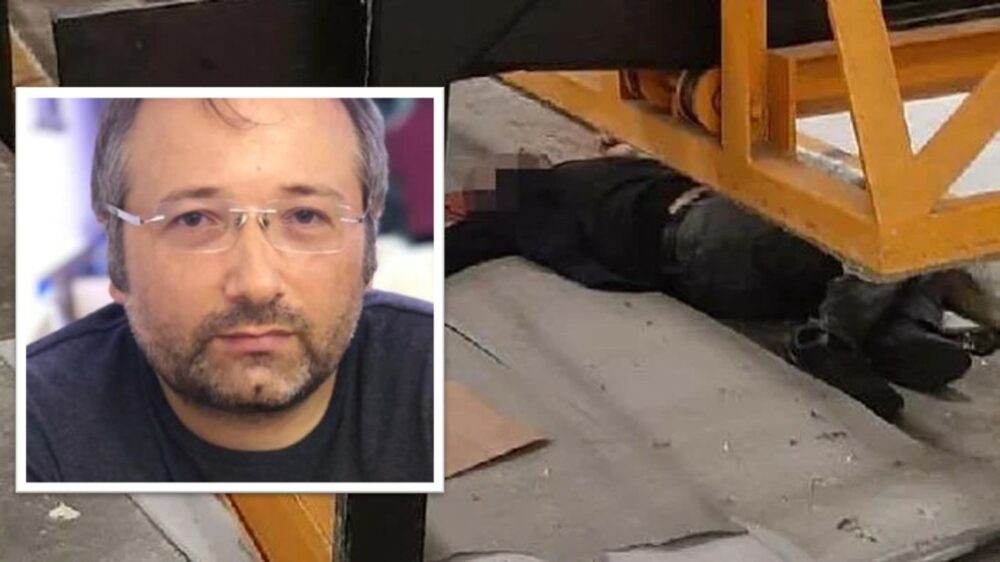Mustafa Çamaş, a prominent bioengineering professor fired from his job by a government decree in the aftermath of a July 15, 2016 coup attempt in Turkey, died on Monday at a construction site after a crane fall on him, the Bold Medya news website reported.
Çamaş was an associate professor at Tunceli University’s faculty of engineering until September 2016. After he lost his job and was banned from public service, Çamaş started a construction job. According to the Science Citation Index Çamaş had 24 publications and over 200 citations to his name.
Following the abortive putsch, the Turkish government declared a state of emergency and carried out a massive purge of state institutions under the pretext of an anti-coup fight. More than 130,000 public servants, including 4,156 judges and prosecutors, as well as 20,610 members of the armed forces were summarily removed from their jobs and banned from public service with the claim that they were “member[s] of or have a connection to or are in communication with the structures, organizations, groups or terrorist organizations that are considered by the National Security Council [MGK] to pose a threat to the national security of the state.”
Former public servants were not only fired from their jobs; they were also banned from working again in the public sector and getting a passport. The government also made it difficult for them to work formally in the private sector. Notes were put on the social security database about dismissed public servants to deter potential employers.
Dismissed civil servants face other kinds of discrimination as well. In a striking case, an insurance company refused to pay for the damages caused by a car accident to the wife of a fired public servant who was incarcerated at the time. According to the company, the government had instructed them in a directive not to make payments to civil servants who had been terminated from their jobs.
In another well-known case, Garanti BBVA, an affiliate of Spanish Bank BBVA, refused to open a bank account for a dismissed public servant. The bank had to reverse its position after the pro-opposition media covered the incident extensively and agreed to open a restricted checking account. The account holder could only use his account for withdrawing his salary. Other banking transactions such as money transfers were still prohibited.
In a more recent case a former public school teacher fired by the Turkish government in the aftermath of the abortive putsch in July 2016 was not allowed to attend a vocational course organized by the Turkish Employment Agency (İŞKUR) because he was a dismissed public servant.
Source: Stockholm Center for Freedom (SCF)



